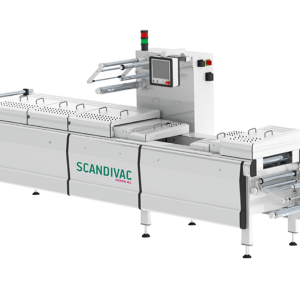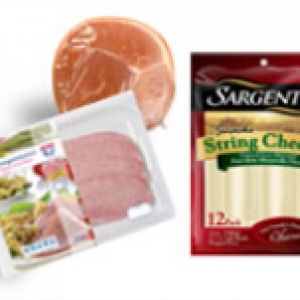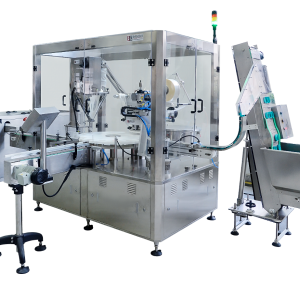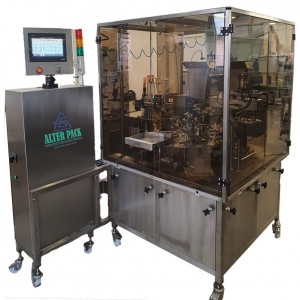The frozen food industry has been experiencing a significant upsurge in recent years, a trend that is expected to continue. At the heart of this growth is frozen food packaging, a critical component ensuring the quality and safety of frozen products from production to plate. In this blog, we delve into the complexities and innovations within the world of frozen food packaging, understanding its importance in our daily lives and the food industry at large.
The Importance of Frozen Food Packaging
Frozen food packaging plays a pivotal role in preserving the quality, nutrition, and taste of frozen foods. This type of packaging is designed to withstand low temperatures while protecting the contents from external elements like moisture and oxygen, which can lead to freezer burn and spoilage. Moreover, effective frozen food packaging ensures that the food remains safe during transport, handling, and storage, providing convenience and reliability to both manufacturers and consumers.
Trends in Frozen Food Packaging
The frozen food industry is continuously evolving, with trends largely focusing on sustainability, convenience, and technology. Eco-friendly packaging solutions are increasingly popular, driven by consumer demand for sustainable practices. Innovations such as recyclable or biodegradable materials are becoming more prevalent in frozen food packaging. Additionally, convenience remains a key factor, with easy-to-open, resealable, and microwave-safe packaging designs gaining traction.
Challenges in Frozen Food Packaging
One of the main challenges in frozen food packaging is maintaining the integrity of the packaging at low temperatures. Materials must be chosen carefully to ensure they do not become brittle or crack in the freezer. Another challenge is the prevention of freezer burn and moisture loss, which can affect the quality and taste of the food. Manufacturers must also balance the need for durable and effective packaging with environmental concerns, pushing for innovative materials and designs that reduce the ecological footprint.
Solutions for Effective Frozen Food Packaging
To address these challenges, companies like Alter Pack, a leader in the packaging industry, offer advanced solutions for frozen food packaging. Their state-of-the-art equipment is designed to handle a variety of packaging materials efficiently, ensuring that the food remains well-protected and preserved.
- Innovative Materials: Utilizing materials that are both durable and sustainable is key in modern frozen food packaging. This includes the use of recyclable plastics, biodegradable materials, and barrier coatings that prevent moisture and air infiltration.
- Advanced Sealing Techniques: Proper sealing is critical in frozen food packaging to prevent contamination and freezer burn. Technologies that offer strong, reliable seals are essential in maintaining product quality.
- Customizable Packaging Solutions: Understanding that different frozen foods have unique packaging requirements, companies like Alter Pack provide customizable packaging solutions. This ensures that each product is packaged in a way that best suits its preservation needs.
- Sustainability Focus: With a growing emphasis on environmental responsibility, the latest trends in frozen food packaging include designs that minimize waste and are easier to recycle.
The Future of Frozen Food Packaging
As consumer preferences and environmental regulations continue to evolve, so too will the approaches to frozen food packaging. We can expect further advancements in sustainable materials, smarter packaging designs that enhance convenience and preservation, and innovative technologies that improve efficiency and reduce waste.
Frozen food packaging is not just a functional necessity; it's a dynamic field that balances technology, environmental responsibility, and consumer needs. For more information on the latest in frozen food packaging technologies and solutions, visit Alter Pack. Their expertise and innovative approach put them at the forefront of packaging solutions, addressing today's challenges while paving the way for tomorrow's advancements.





